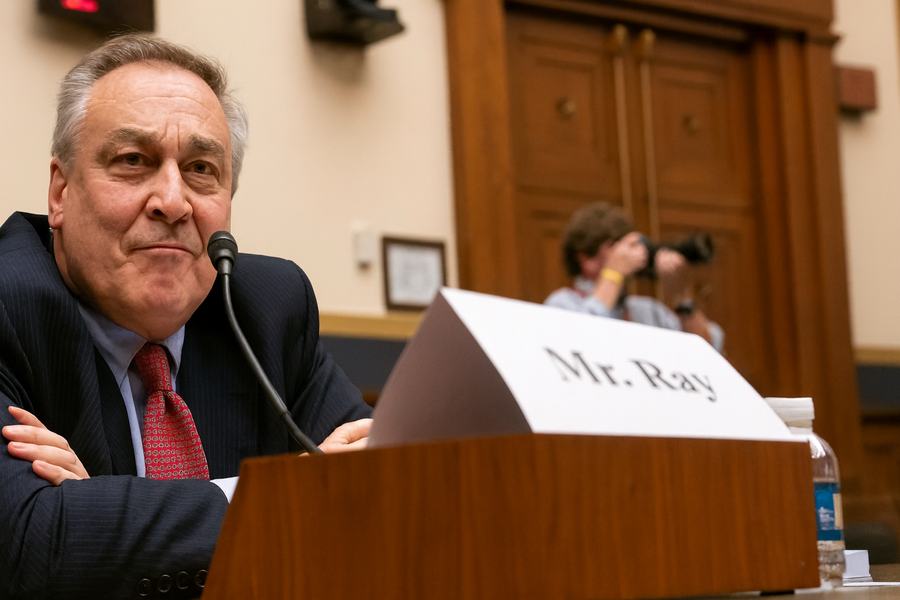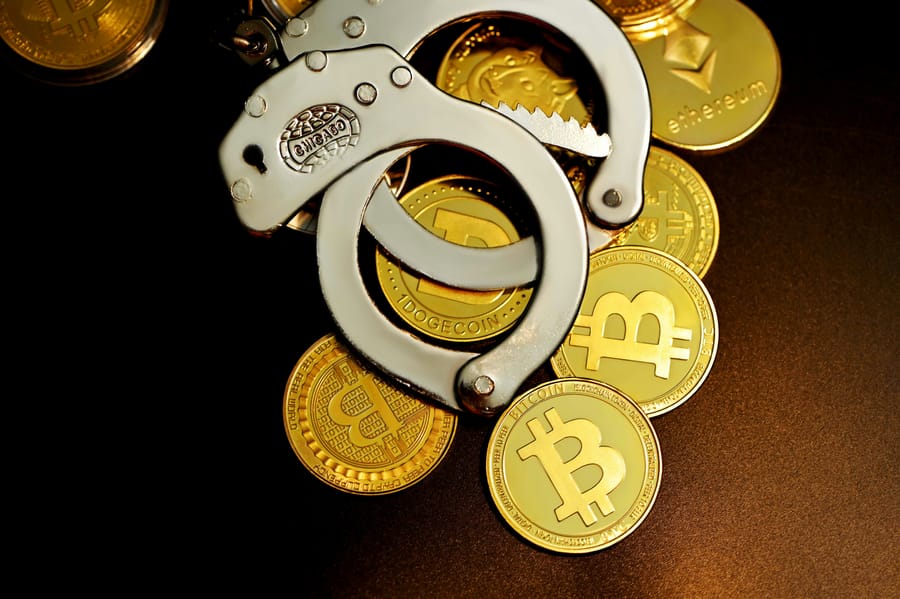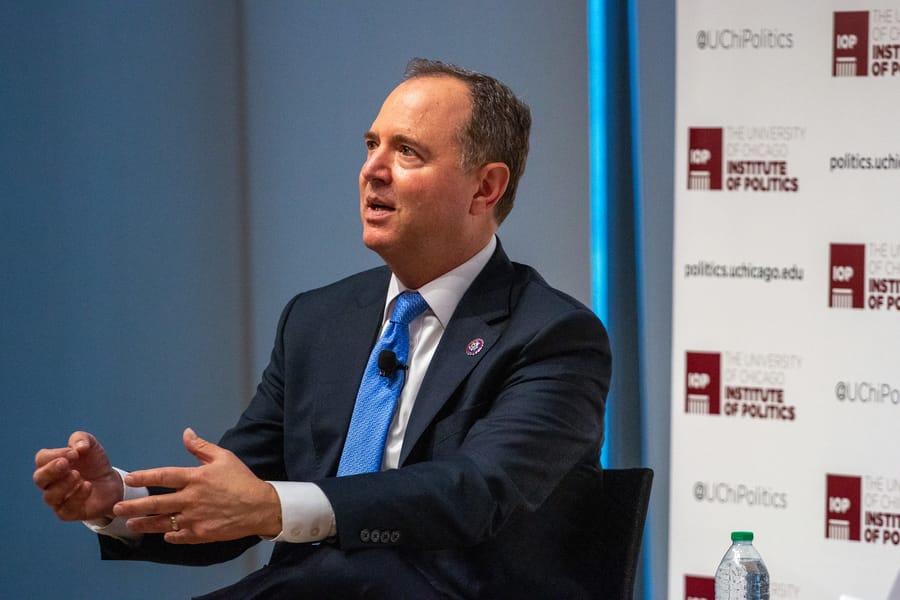Turkey's Finance Minister Mehmet Şimşek announced on June 24, 2025, that the country is implementing new measures to regulate cryptocurrency transactions, specifically targeting the laundering of criminal proceeds from illegal betting and fraud. According to information published by the state-owned Anadolu news agency and shared by the minister, the regulations impose mandatory waiting periods for cryptocurrency withdrawals: 48 hours for standard transactions and 72 hours for first-time withdrawals, when the "Travel Rule" requiring verification of sender and recipient information is not applied. The planned measures also introduce a daily limit of $3,000 and a monthly limit of $50,000 for stablecoin transfers, which are pegged to the value of the US dollar or other official currencies and thus particularly suitable for facilitating illegal money movements.
The new rules introduced by the Ministry of Treasury and Finance require cryptocurrency service providers to collect more detailed information about transactions, including the source of funds and the purpose of transfers. Users must provide a transaction description of at least 20 characters for every cryptocurrency transfer, reflecting the nature of the transaction, and platforms are entitled to set limits on transaction amounts and volumes as part of their risk management policy. According to General Communiqué No. 29 of the Financial Crimes Investigation Board (MASAK), published in the Official Gazette on June 28, 2025, certain transactions for liquidity provision, market making, or intermarket arbitrage may be exempted from these restrictions if appropriate monitoring measures are in place.
The stricter regulation is part of Turkey's comprehensive efforts to strengthen oversight of the cryptocurrency sector, which began in March 2025 when the Capital Markets Board (CMB) introduced licensing and operational rules for cryptocurrency service providers. Under the new requirements, cryptocurrency exchanges must maintain a minimum capital reserve of $4.1 million, while custodians need $13.7 million. Şimşek emphasized that the regulation does not target legitimate cryptocurrency activities: Space for legitimate cryptocurrency asset activities will be maintained, but added that administrative, legal, and financial sanctions will be imposed on non-compliant platforms, including fines, license denial, or cancellation. The measures align with global standards, including the EU's Markets in Crypto-Assets (MiCA) framework, and aim to strengthen Turkey's position as a secure global cryptocurrency hub.
Sources:
1.

2.

3.










